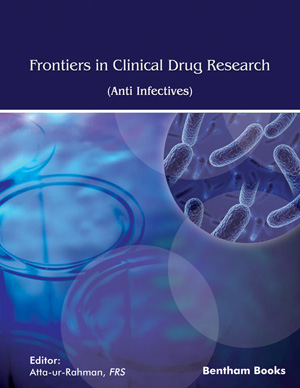Abstract
Immunoglobulins, either natural or induced, represent powerful means for eliminating microbial threats. For decades, vaccines have been used which function by inducing antibodies for the successful elimination of microbes, preventing disease and mortality.
Polyclonal immunoglobulin products from human plasma were used for the first time to treat immune deficiency during the 1950s. Nowadays, the administration of immunoglobulin, either intravenous or subcutaneous, is the cornerstone of the treatment of primary immunodeficiency affecting the humoral immune system. The therapy can help people with weakened or underdeveloped immune system fight off infections. This is also the treatment of choice for certain autoimmune and neurological diseases.
The polyclonal antibody preparation consists of both natural antibodies and antigeninduced antibodies and reflects the history of antigen experience of the donor population. Natural antibodies are germline-encoded, polyspecific, low-affinity antibodies that also have a regulatory role in maintaining the immune system homeostasis. Antibody preparations, enriched for certain desired specificities, or hyperimmune human globulins are used for prophylaxis and treatment of infectious diseases with a high mortality rate.
It was shown that lymphocytes from survivors of viral infections, without available vaccines, could be used for protective monoclonal antibodies production. This chapter provides insight into the current knowledge of the usage of antibody preparations, efficacy and mechanism of action, with respect to specific diseases, including the treatment of infectious diseases and future prospects.
Keywords: High mortality rate infectious diseases therapy, IVIG, Inflammation, Immunodeficiency, Induced antibodies, Monoclonal antibodies, Natural antibodies, Passive immunotherapy, SCIG, Sepsis.






















